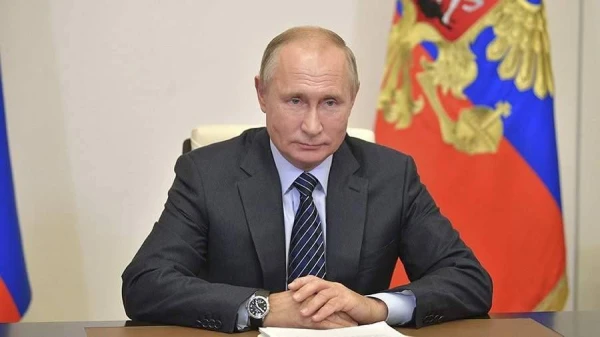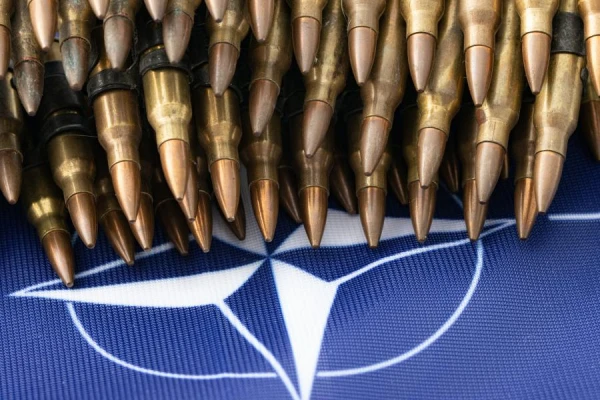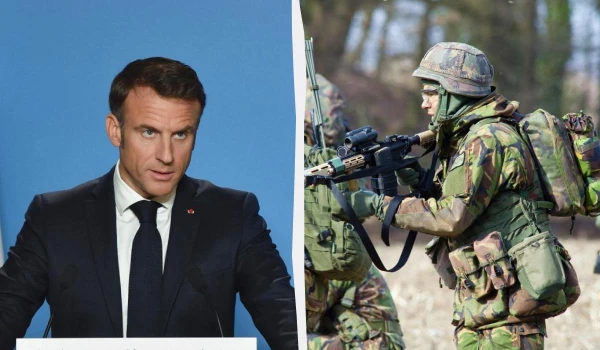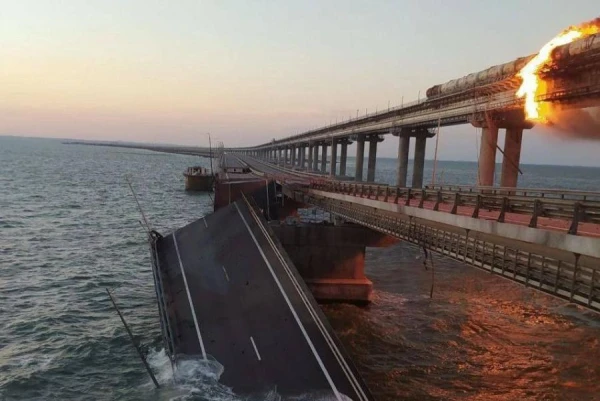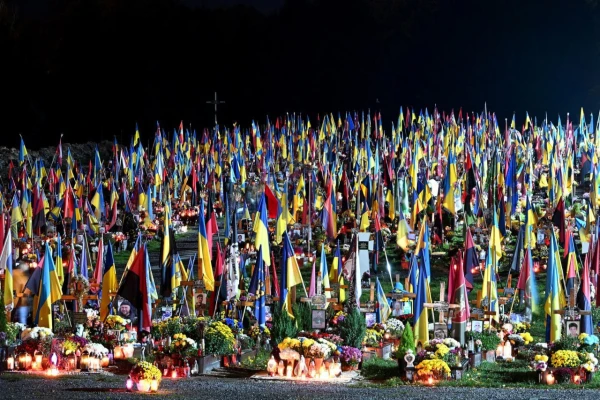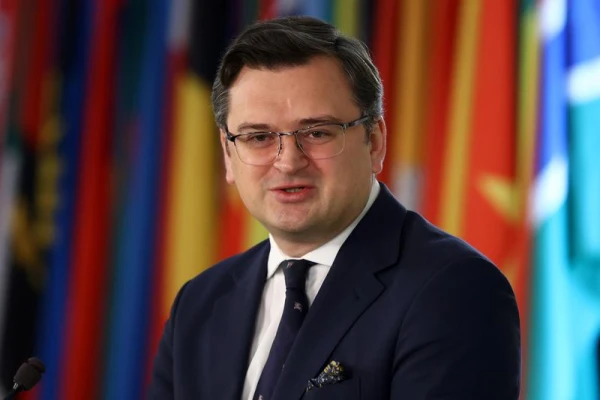
Capitulating to Russia's demands to limit the number of Ukrainian troops will humiliate the nation and "pave the way to hell," stated Dmytro Kuleba, who served as Ukraine's Foreign Minister from 2020 to 2024, in an interview with the Euronews program "12 Minutes With."
Diplomatic efforts to reach a peace agreement have intensified in recent days after the U.S. administration presented a 28-point agreement draft to the President of Ukraine, which, as it is now known, was authored by the Kremlin.
The initial "Russian-American plan" proposed limiting the Ukrainian army to 600,000 servicemen, which currently, according to Zelensky, numbers nearly a million soldiers.
In a leaked European counterproposal prepared in Geneva earlier this week (which, however, does not reflect the official position in the negotiations), a higher ceiling of 800,000 soldiers in peacetime was suggested.
EU officials have since rejected such a limitation, and the head of the foreign ministry, Kaja Kallas, stated on Wednesday that a peace agreement should limit the Russian army, not Ukraine's.
'The Best Times for Europe Are Not Ahead'
Western allies of Ukraine, part of the "Coalition of the Resolute," have long stated that a strong Ukrainian army is the optimal guarantee of the country's security. In recent months, they have shifted the focus to strengthening the Ukrainian armed forces as an alternative to deploying foreign troops.
Another concept still under consideration is providing Kyiv with security guarantees similar to Article 5 of the NATO treaty. This stipulates that an attack on one ally is considered an attack on all, but Ukraine is not being offered full membership in the alliance.
"Isn't it disturbing that nearly four years after the start of the war, European leaders are still jumping from one topic to another, from sending peacekeeping and security forces to strengthening the Ukrainian army and proposing something like Article 5?" Kuleba questions.
The politician added that the attempt to conclude a deal "has already collapsed," in his opinion, due to "Washington's aggressive and unstable handling of the initial 28-point plan," as well as the leak of information about how the plan was drafted by U.S. and Russian envoys.


